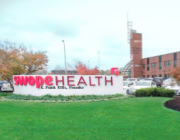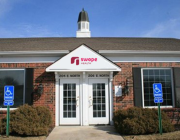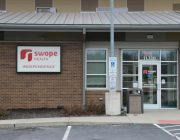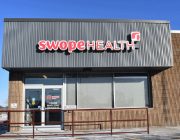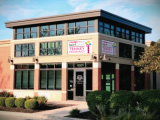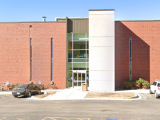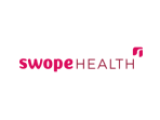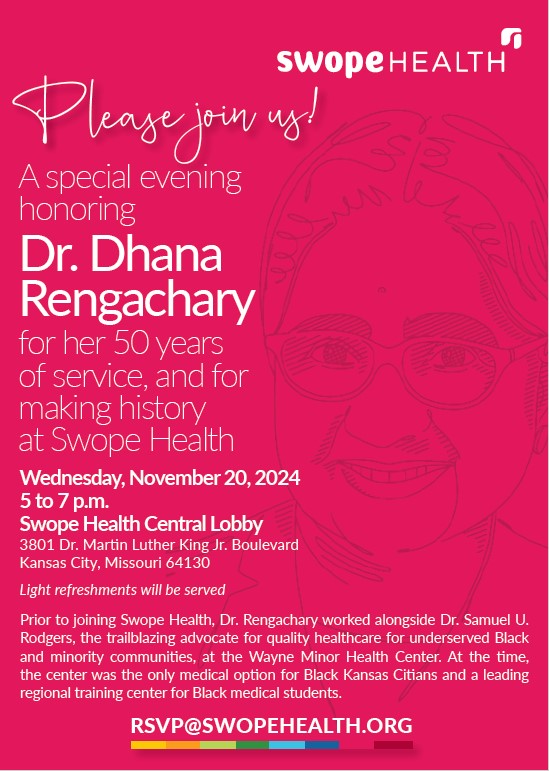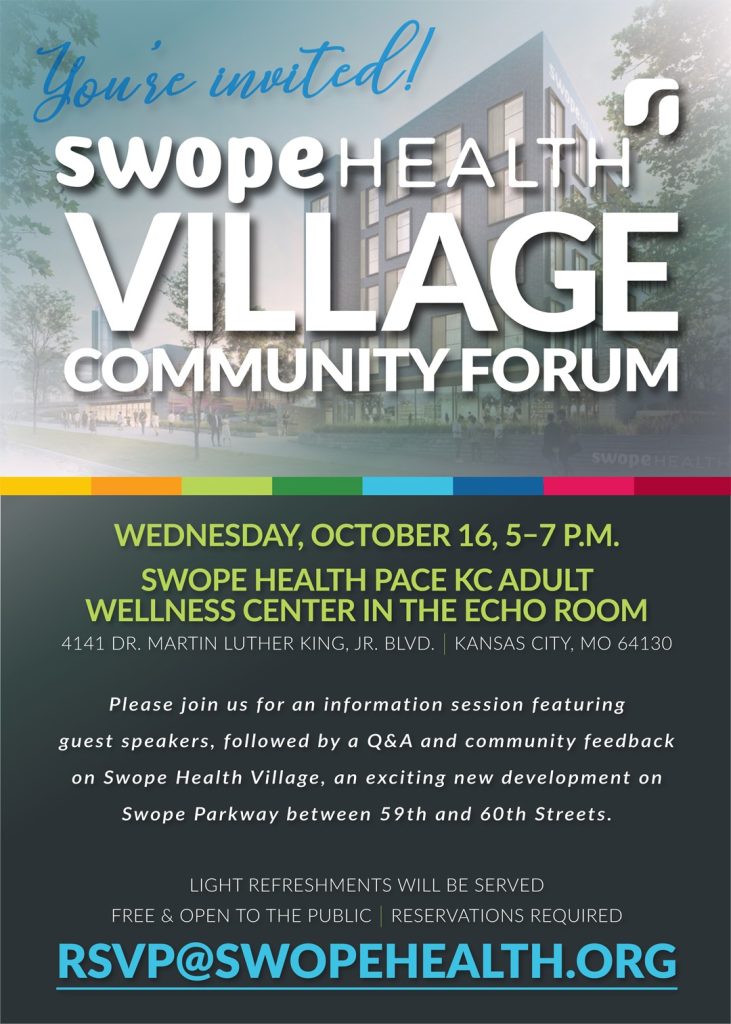Swope Health and University Health have been quietly knocking down boundaries to provide rapid response to 988 mental health crisis calls in the Kansas City area.
 The local partnership has produced a Mobile Care Team, jointly staffed and managed, to respond to calls to the 988 hotline – the national suicide prevention lifeline. The partnership has also produced processes and procedures that assure high standards of care and consistency in service, no matter when the call comes, where the help is needed or who responds.
The local partnership has produced a Mobile Care Team, jointly staffed and managed, to respond to calls to the 988 hotline – the national suicide prevention lifeline. The partnership has also produced processes and procedures that assure high standards of care and consistency in service, no matter when the call comes, where the help is needed or who responds.
This partnership is unique in the state of Missouri, according to the Department of Mental Health. The partnership’s leaders hope it will become a model for others.
The benefits
When the 988 campaign rolled out in July 2022, it was the result of years of planning that involved a network of providers, law enforcement, and a variety of other agencies. Everyone who calls the hotline is connected with a crisis counselor trained to provide care and support for persons experiencing mental health-related stress. The idea is to assist people who are experiencing thoughts of suicide or harm to self or others, substance use crisis, trauma, or other emotional distress.
Locally, the region was divided into four separate areas, with four organizations assigned to respond, noted Laurie Cox, Swope Health’s director of Crisis Services. With her counterpart at University Health Behavioral Health, Robbie Phillips, the pair led their two organizations to form a team.
“We wanted to erase some of the boundaries and, at the same time, optimize staffing and financial resources,” she said.
Ultimately, the two organizations agreed to a formal memo of understanding that produced the jointly branded Mobile Care Team. The Mobile Care Team leverages the strengths of each party, while providing consistency in response practices and nurturing a culture of collaboration.
How it works
The Mobile Care Team operating 24 hours a day, is jointly staffed. University Health and Swope Health jointly interview candidates for the team, and program directors and managers for both organizations meet weekly. They’ve developed standard policies and procedures and are working through the logistics of gaining access to each other’s electronic medical records.
When a call comes in to the 988 center, the call taker performs an assessment and assigns the call for response. The response might be to seek emergency medical care with an ambulance, offer community resources, request police support, or dispatch the mobile crisis team.
The 988 calls are free and confidential.
When the Mobile Care Team gets a call, the first step is to make contact with the individual, Laurie said. The Mobile Care Team will then determine a safe location for meeting the individual, and then engage with the person. The goal is to avoid a 911 call or hospitalization, to remove the immediate threat of self-harm or harm to others.
“We’ve seen very positive responses to handling crisis situations,” Laurie said. “We’ve been able to resolve situations and take the individual to a safe place.”
To the individual in crisis, there are several positive factors – avoiding law enforcement involvement, avoiding expense of ambulance and related concerns, like childcare or transportation. The services are provided in a non-clinical setting and frequently will engage the client’s natural supports.
The Mobile Care Team also checks in with the client within 72 hours, encouraging further engagement with referrals for transportation to appointments and access to care, including medical, substance use therapy or other behavioral healthcare services. The team also monitors high-risk clients.
It can take considerable effort to help individuals engage in ongoing services, Laurie noted, recalling one client who received three months of follow-up queries before successfully engaging in outpatient services.
To the community, the Mobile Care Team is alleviating the load on law enforcement and emergency medical services and reducing hospitalizations. The program also erases a dividing line between service areas down the middle of the metro area.
What’s next
The Mobile Care Team is working on strengthening the partnership with common offices at the University Health facility. This can speed up the response, having both members of the team in the same location, with the Mobile Care Team transportation van.
Recognizing the value of collaboration, the Mobile Care Team is strengthening relationships with the Certified Community Behavioral Health Organizations in the region – Comprehensive / Burrell, ReDiscover, and Beacon Mental Health. The collaboration extends to the MidAmerica Regional Council, which operates the area’s 911 service, and is expanding to include law enforcement.
The Swope Health / University Health team recently delivered a presentation at the 10th annual Missouri Behavioral Health Coalition conference in Kansas City, detailing the partnership, in hopes of extending the model. In December, the team will deliver a presentation on “Mobile Crisis Team Response” in a national webinar for other crisis teams and mental health professionals.
If you or someone you know is in crisis, dealing with depression, anxiety, or considering self-harm or harm to others, call or text 988 or 888-279-8188. The call is free and confidential.

